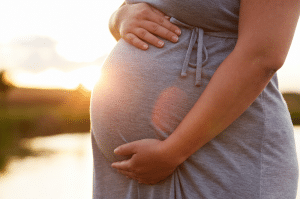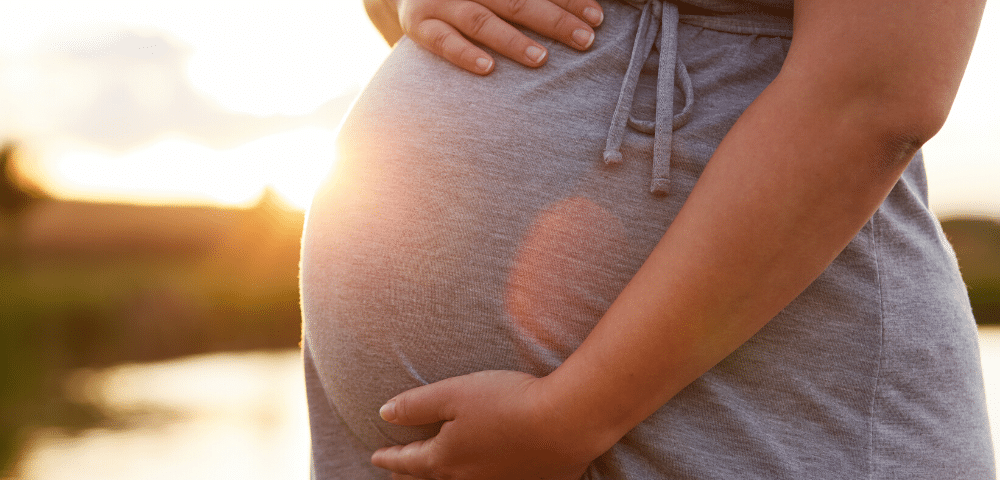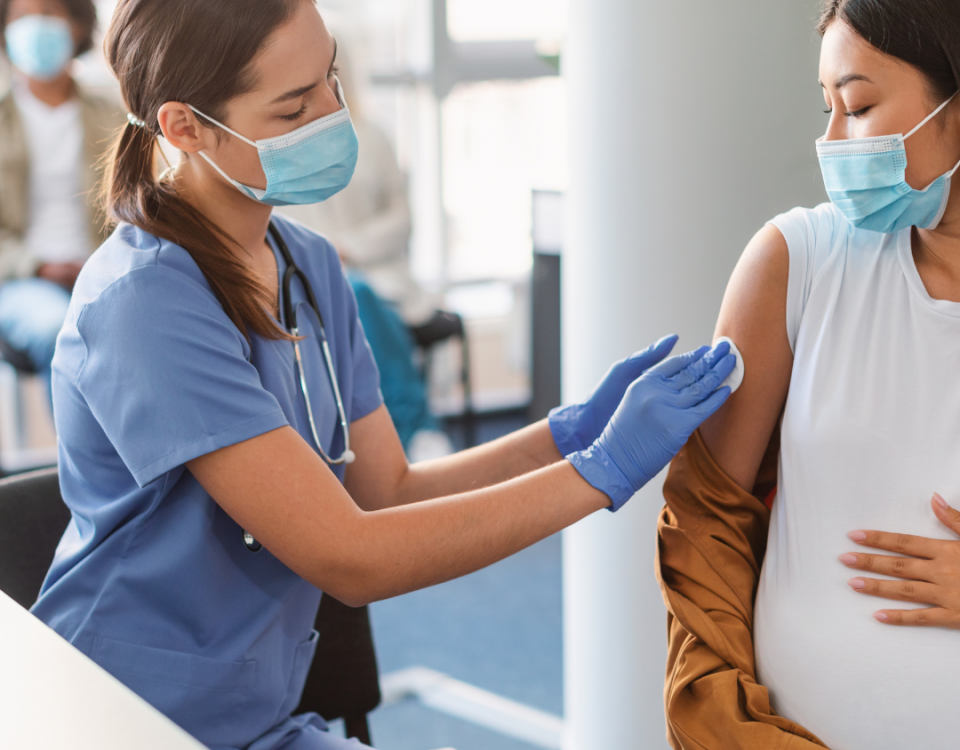July 2020 Update: COVID-19 and Pregnancy

How Do I Select a Surrogate Mother?
July 14, 2020
COVID-19 Vaccines
February 1, 2021 COVID-19 and pregnancy
COVID-19 and pregnancy
The world has been suffering a COVID-19 pandemic not previously experienced in this century.
COVID-19 is caused by a new coronavirus; hence, it is called novel. It has evolved within a very short period of time since it was first identified in December 2019 in Wuhan, China. The virus is transmitted directly by respiratory droplets and close surface-to-hand contact with infected respiratory secretions.
Many patients with COVID-19 infection are asymptomatic; however, in others, the respiratory manifestations are more prominent and may require admission to the intensive care unit.
The risk to pregnant women
Fortunately, most infected persons can be treated as outpatients and pregnant women do not seem to be at a greater risk of experiencing severe COVID-19 infection than others, although one recent study suggested that pregnant women may have an increased risk for ICU admission.
If a pregnant woman becomes severely ill, she may be at risk for spontaneous miscarriage and preterm labor, and medications to treat severe COVID-19 infections are not currently tested or approved in pregnancy.
With the passage of time, the ASRM (American Society for Reproductive Medicine) has put forward statements regarding concerns with pregnancy during the COVID-19 pandemic. ASRM does not explicitly discourage pregnancy in the absence of COVID-19 symptoms. However, because experts only have conducted a small amount of research on COVID-19’s impact on pregnancy, the data, though encouraging, must be interpreted with caution.
Current COVID-19 research and pregnancy
Although there is no current evidence of maternal-fetal transmission of COVID-19, data is limited, and previous data support that a febrile illness of any kind in pregnancy may pose risks including miscarriage, birth defects, and preterm birth. Some studies have shown no evidence of COVID-19 transmission between mothers and neonates. A case series of nine women affected with COVID-19 who delivered via cesarean section showed all samples, including amniotic fluid, cord blood, and breast milk, were negative for the novel coronavirus 2019. The American Academy of Pediatrics recommends breast milk as the best choice for feeding newborns delivered, even to women with COVID-19 as it an unlikely source of transmission of SARS-CoV-2 (American Academy of Pediatrics, 2020).
The outcomes of 217 neonates born to mothers with positive SARS-COV-2 testing demonstrated no strong evidence for vertical transmission when the delivery was via cesarean section. Similarly, one case report has been published of three infected infants, but again there was no strong that this was the result of vertical transmission. It is reassuring that full-term newborns delivered from mothers with active COVID-19 infections have done well overall, although COVID-19 infections may precipitate premature labor or lead to preterm delivery.
More time and experience are needed before we can counsel pregnant women if their fetuses are at risk for congenital infection with SARS-COV-2 as we have no information on the possible effect of Covid-19 infection on pregnancies in their initial stages. Also, no data yet exist regarding the impact of COVID-19 on the fetus during the first or second trimester of pregnancy. In other words, we still do not have a lot of data on the effects and the overall impact on pregnancy.
COVID-19 precautions
CACRM encourages all patients to strict adherence to social distancing, universal mask-wearing, and viral testing for early detection to help prevent the spread of COVID-19 infection. Furthermore, we recommend that pregnant women should observe the following precautions to minimize their risks of contracting or transmitting COVID-19. Also, everyone needs to be cautious because there may be risks of exposure to asymptomatic viral shedding before onset of symptoms.
- Eliminate any nonessential travel, particularly by plane or cruise ship.
- Avoid events that draw large crowds, such as concerts, theater performances, movies, and even religious services.
- When out in public, try to maintain a distance of 6 feet from others.
- Remain at home if you feel ill, particularly if you have respiratory symptoms.
- Cough or sneeze into your sleeve rather than your bare hand.
- Avoid handshakes.
- Wash your hands frequently in warm soapy water for at least 20 seconds, particularly after touching environmental surfaces such as countertops and handrails.
- If you use hand sanitizers, they should have an alcohol content of at least 60%.
- Clean environmental surfaces frequently with a dilute bleach solution.


